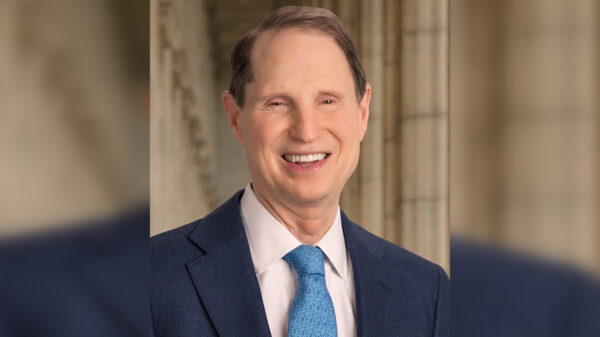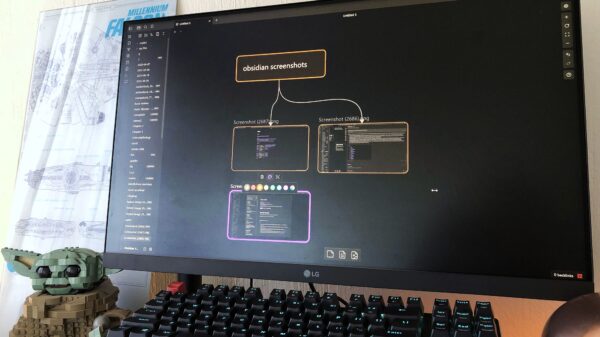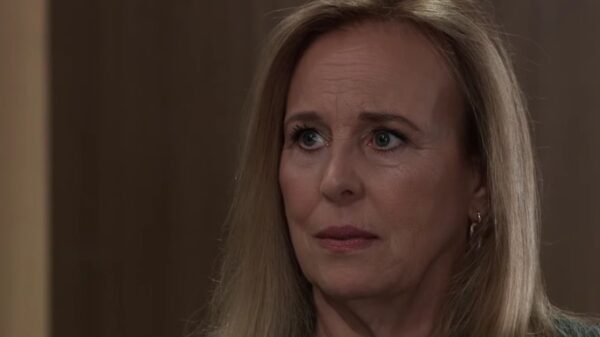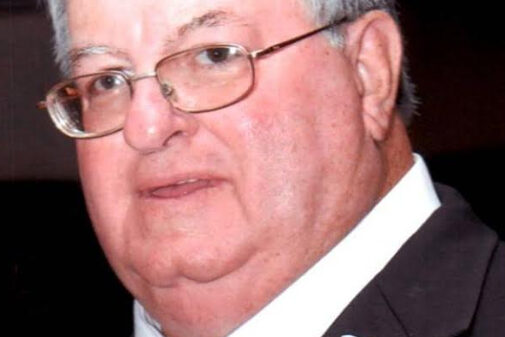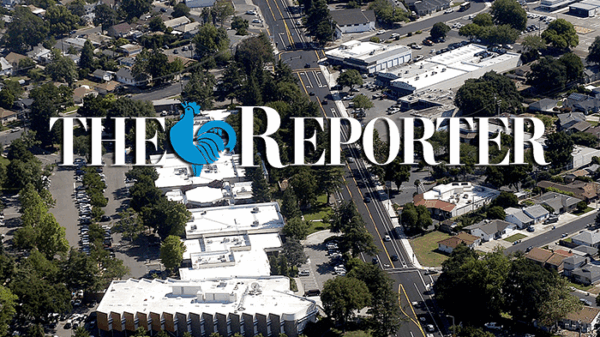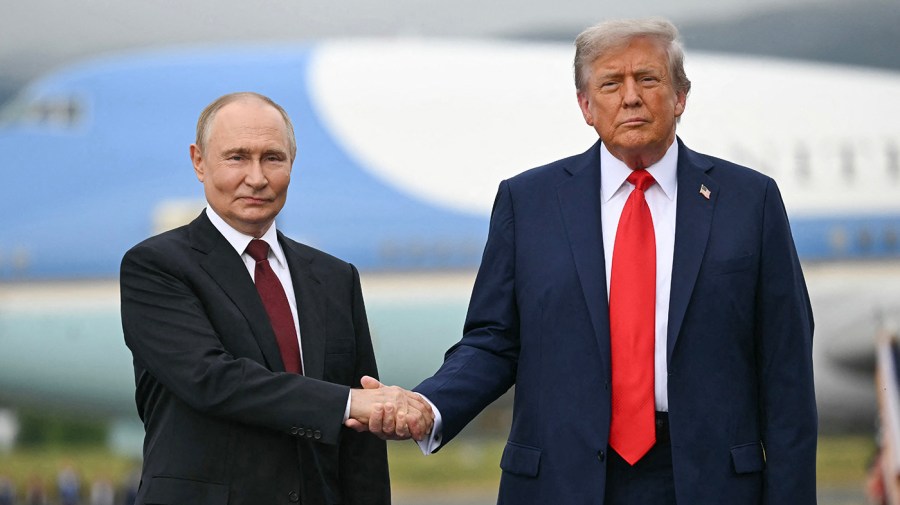U.S. officials have expressed concerns that Russia’s earlier commitment to provide “NATO-like” security guarantees for Ukraine is rapidly losing credibility. Following a summit between U.S. President Donald Trump and Russian President Vladimir Putin in Alaska earlier this month, a significant concession was touted as part of a comprehensive peace deal. However, just ten days later, Russia’s demands for an effective veto over Ukraine’s security arrangements have raised doubts about the sincerity of their commitment.
The discussions in Alaska were framed as a breakthrough, with both leaders seemingly on the brink of an agreement that could reshape the security landscape in Eastern Europe. U.S. officials indicated that Russia’s willingness to engage in discussions about NATO-like security guarantees for Ukraine marked a pivotal moment. This was seen as a potential step toward easing tensions that have persisted since the annexation of Crimea in 2014.
However, the optimism surrounding the summit has been dampened by subsequent developments. Russian officials now assert that any security guarantees would require a significant degree of influence over Ukraine’s military and foreign policy decisions. This demand for a veto appears to contradict the spirit of the initial agreement, prompting skepticism among U.S. diplomats and allies in Europe.
The situation is further complicated by the ongoing conflict in Eastern Ukraine, where Russian-backed separatists continue to challenge the Ukrainian government. The prospect of a peace deal hinges on both parties finding common ground, yet Russia’s latest demands seem to reassert its historical influence in the region.
According to sources familiar with the negotiations, U.S. officials are now reevaluating their approach. The prospect of allowing Russia a say in Ukraine’s security arrangements could undermine the very principles NATO is built upon, including the sovereignty and independence of member states. The U.S. and its allies are likely to push back against any arrangement that compromises Ukraine’s autonomy.
Looking forward, diplomatic efforts are expected to continue, but the landscape has shifted significantly. The initial optimism that greeted the summit has been replaced by a cautious assessment of Russia’s intentions. With the political climate in both the U.S. and Ukraine also in flux, any viable solution will require careful negotiation and a commitment to uphold the integrity of Ukraine’s sovereignty.
As talks resume, the international community will be watching closely to see if a path forward can be agreed upon that respects both Ukraine’s independence and the broader security concerns of the region. The outcome of these discussions could have far-reaching implications for the future of NATO, European security, and U.S.-Russia relations.












